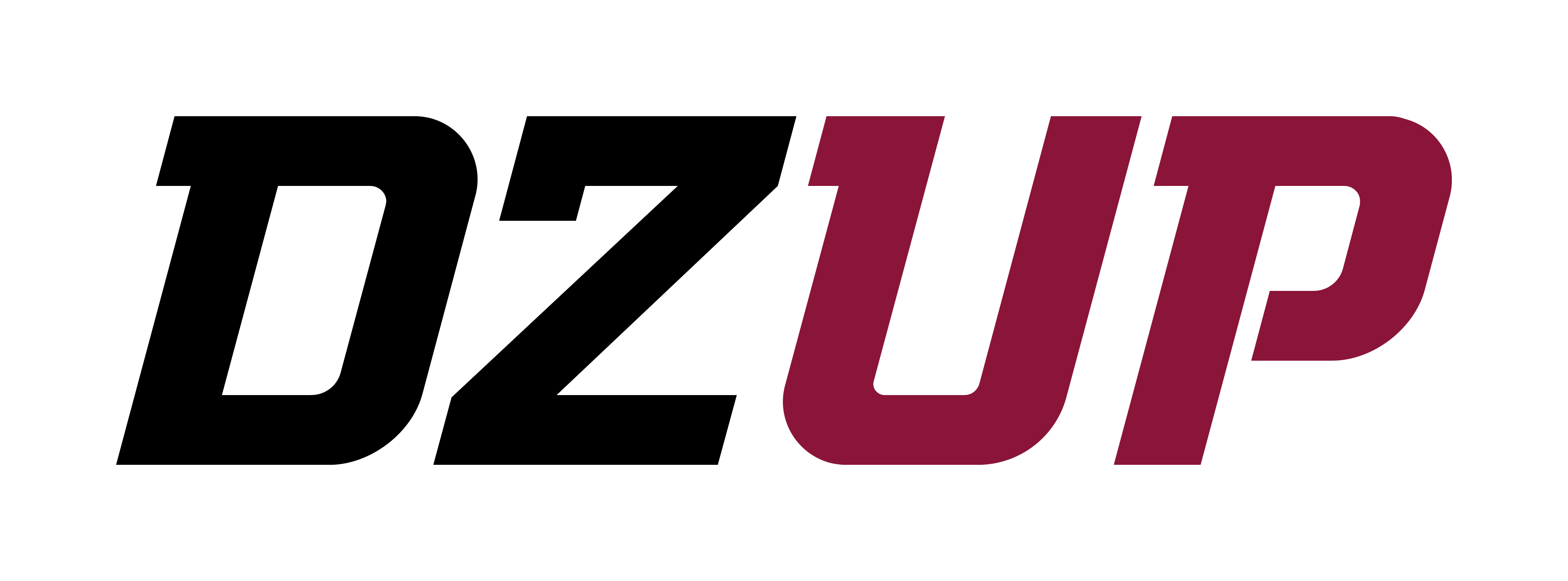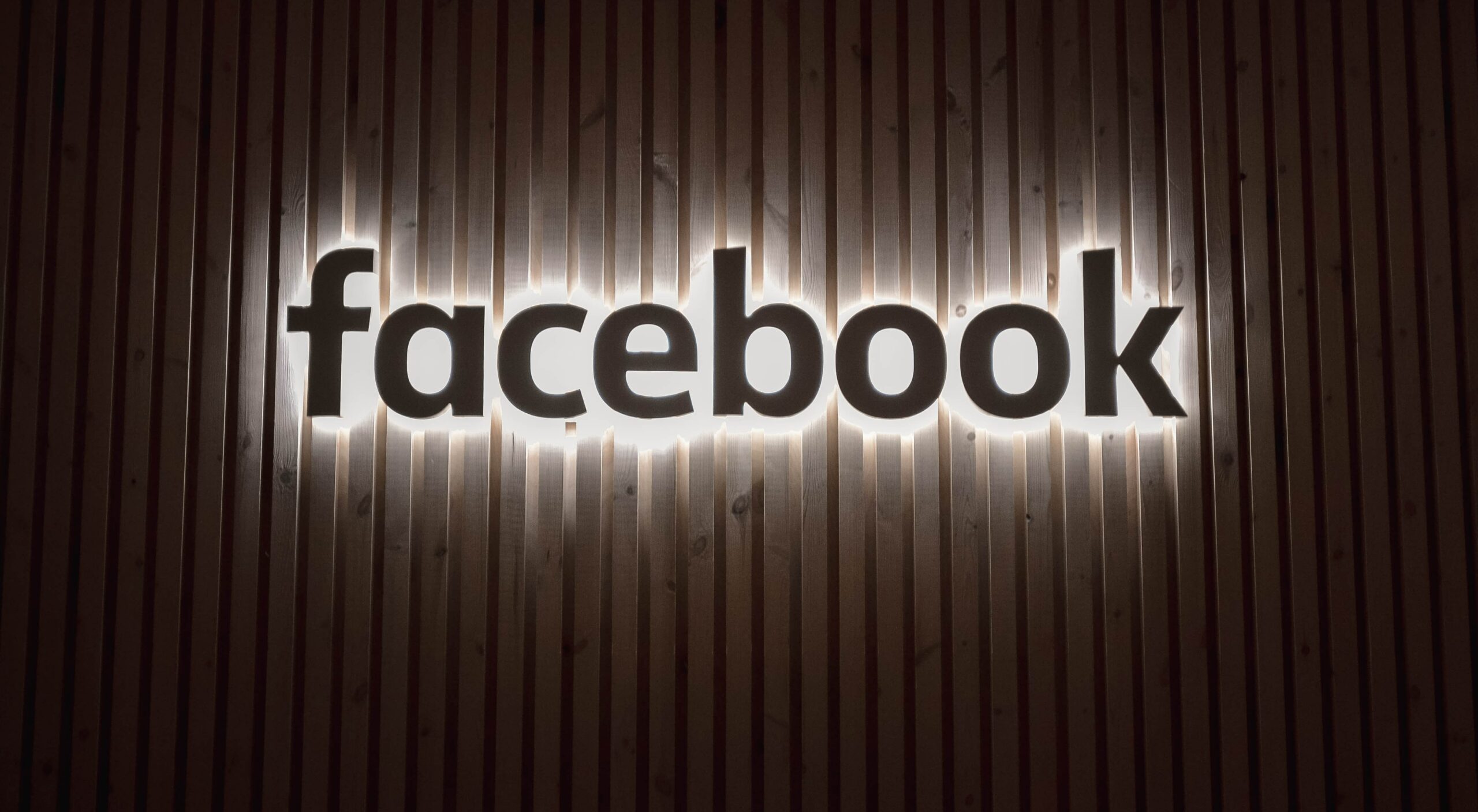As the 2022 national elections draw near, political groups are turningto social media platforms to campaign because connecting to millions of social media users and influencing them is as easy and quick as one click.
To help voters and social media users safeguard themselves from being influenced either directly or indirectly in the digital world, it is necessary to understand how social media influencers, called “the actors online,” work in the digital space to shape political conversations according to their agenda.
On January 26, 2022, the Philippine Media Monitoring Laboratories (PMML) presented the 3rd part of its month-long weekly series of research presentations on the 2022 Philippine National Elections and social media.
READ: Botante, pinalalahanan sa mapanuring paggamit ng Twitter
Said project is part of the digital pulse research initiative of PMML of the Department of Communication Research, University of the Philippines Diliman. This third part focused on the 2022 Philippine Election Digital Landscape on Facebook, Facebook actors and network analysis from May to October 2021.
According to Assistant Professor Jon Benedik Bunquin, Facebook is the biggest social media platform in the world. “Locally, we have 83 million Filipino users who are currently active in the platform. Making it the most utilized platform in the country.”
Hence, Facebook users are most vulnerable to the influence of the actors online.
“The public nature of Facebook, its penetration in Philippine society and it’s digital affordances, it seeks to facilitate discussions and interactions among its users. Makes Facebook a de facto public sphere but it’s also in this space where people are exposed to constructed social realities that are partial to their biases and prejudices. Based on the type of connections that we make in the platform,” said Bunquin.
Bunquin explained, actors take advantage of the design of Facebook for political gains through exploitation of its sharing algorithms, building relationships by directly engaging the public, and form “affective alliances” with different communities in the platform. Coordinated inauthentic behavior and use of bots are also used to fabricate opinions and control audiences.
“The use of Facebook in elections and politics is well documented by scholars. There are various studies that have demonstrated how actors take advantage of the platform for political gains,” he added. “They do this by boosting political stories, spreading content that reinforced people’s existing political beliefs and convince political fence-sitters to take a side with regard to certain issues or events related to politics.”
And these are not done only by political candidates but also by what Bunquin called “seemingly apolitical pages”.
Bunquin stressed that Facebook-sharing is a form of interaction and is an actor’s way of reaching audience. “So aside from increasing the perceived relevance of a post, shares enable actors to reach more audiences to spread the content or the agendas that they want to forward or to diffuse in the network.”
Thus, PMML examined the network formed by accounts or “actors” that circulate election-related content on Facebook through sharing, described as Facebook pages, Facebook public profiles, and Facebook groups. The “sources” of posts that are being shared and circulated in the platform and the “linkers” or accounts that share the content elsewhere were investigated.
Bunquin identified “Facebook Sharing Election Networks,” following a method used by the group from May 2021 until the present time.
According to the investigation, from May to July 2021, which is called Quarter 1 (Q1), there were 37, 936 Facebook pages, public accounts, and public groups sharing election-related content on Facebook; there were also 134,130 connections via content sharing from one page to the next from one group to the next. These numbers expanded in Quarter 2 (Q2) as the election approaches.
“In quarter two, the network has expanded from 38,000 to 58,000. Indicating the growing number of pages, public accounts, and public groups that talk about the election as we draw closer to May 2022. The number of connections also doubled more than 274,000 connections are engaged in the sharing of election-related content from one account to the next.”, Bunquin said.
He also stressed that the structure and metrics indicate that the network is more consolidated. “So we’re able to identify six major cluster[s] which comprise 3/4 of the whole network. So 75.27 percent of the whole network is actually just based on six clusters.”
1,000 top accounts per key centrality was utilized in PMML’s study, called the Facebook Network actors. They were classified as mainstream news media, entertainment media, politicians and government offices, civil society, other affiliations (schools included), and influencers and content creators.
The study also categorized Facebook Network actors that are native to Facebook. The news and politics and other types of Facebook pages, unaffiliated users Facebook profile and unidentifiable users Facebook profile, political Facebook groups and other types of Facebook groups. In addition, “Unavailable pages” was also identified as the pages that became unavailable during period of classification.
Bunquin highlighted the importance of characterizing the position of users in the interaction network, as it has implications on the influence that they carry regarding the election discourse on Facebook.
The group calculated the Weighted In-Degree Centrality or the popular users, the users whose posts get shared a lot by other users. Next is the Weighted Out-Degree Centrality or the noisiest users, Bunquin described as “the noisy Facebook friends that you have or Facebook pages that keep on sharing other content in their news feed.” Third is the Betweenness Centrality, the users that linked to two or more different communit[ies] of users on Facebook. Lastly the Pagerank Centrality or VIP, these accounts are those whose posts are shared by popular users.
Among the key findings that Bunquin shared from the actor analysis were that groups linked to Vice President Leni Robredo were “are circulating a lot of information in the network,” but that it was Bong Bong Marcos and Davao Mayor Sara Duterte-related accounts that were “expanding in reach and engaging more diverse communities.” They was also observed that “Marcos-related accounts had grown in the platform, eventually occupying a lot of top central positions in the network during Q2.” Finally, they also found out that “groups are used as venues to move the political content from public venues to semi-public to private spaces.”.
Consistent with the group’s findings from other platforms, news only as secondary source of political information in Facebook, they also saw the “rise of non-political pages, as linkers to political content and and the sources of political information themselves.”
Bunquin noted in the key findings that “centrality of pages that have become unavailable during period of data collection must be further examined as they too are influencing election discourse of Facebook.”
The study of Facebook Sharing communities through cluster analysis presented by Assistant Marie Fatima Gaw shows key findings such as, “political and other interests FB groups are the catch basin of political content but not a democratic arena for political debate, and regional pages and groups emerge within large clusters and consolidate in smaller clusters.”
Implications include political content camouflaged in non-political pages makes audience more susceptible to manipulation. “It’s not anymore easy to determine which are overtly, political, and the sources of these messages. And this ambiguity makes audiences susceptible to manipulation,” Gaw stressed.
Another implication mentioned is political discourse is obscured by and insulated within Facebook groups, evading scrutiny and cultivating tribalism. Gaw explained: ”What this means essentially is that it’s impossible for them to be regulated and they might be a breeding ground for hyper-partisan citizen.”
Another implication discussed is, political actors with deep social capital across the FB public sphere harness exponential political gains, making the actors withstand content regulation because they have already built an ecosystem in Facebook, which is hard to identify and be taken down.
Because of the findings from the study and investigation, PMML recommended: “For voters, we want them to interact with reliable sources of political information because in Facebook organic reach is quite limited. So we want to help out those who are really providing well-researched and accessible information for voters.” While information, entertainment and communication are readily available on Facebook, it is necessary for users to shelter themselves from being manipulated with misinformation and disinformation. Hence, source-checking and fact-checking are both important, especially when it comes to matters as important as choosing the country’s future leaders in the upcoming elections. DZUP

